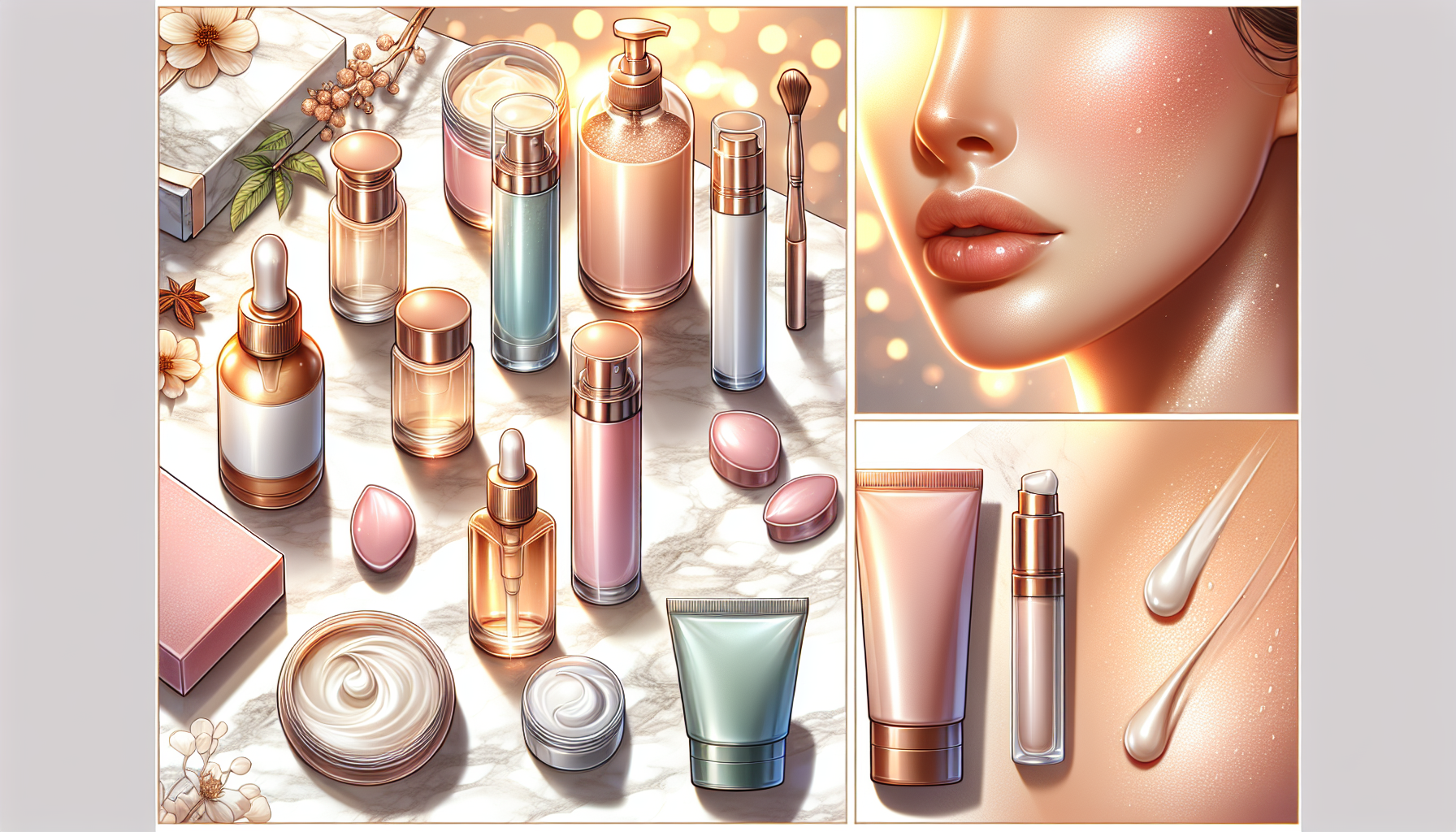As the mercury dips and the air gets drier, your skin demands a different kind of attention and care. Unfortunately, a lot of the advice out there about winter skin care is based on myths and misconceptions. In this comprehensive guide, we’ll debunk these myths and provide you with the facts you need to maintain healthy, glowing skin even in the heart of winter.
Myth 1: You Don’t Need Sunscreen in the Winter
One of the most persistent myths is that sunscreen is only for summer. However, UV rays are present all year round, and they can penetrate through clouds and even reflect off snow, increasing your exposure. It’s crucial to use a broad-spectrum sunscreen with at least SPF 30 to protect your skin from photoaging and skin cancer.
Myth 2: The More Moisturizer, the Better
While moisturizing is essential in winter, over-moisturizing can lead to clogged pores and breakouts. Instead, choose a high-quality product that suits your skin type and contains ingredients like hyaluronic acid or glycerin, which attract moisture to the skin without making it greasy.
Myth 3: Hot Showers Are Good for Your Skin in Winter
Hot showers may feel soothing, but they strip the skin of its natural oils, leading to dryness and irritation. It’s better to take lukewarm showers and immediately apply a moisturizer to lock in hydration. For more insights on maintaining skin health, explore our dedicated skin health section.
Myth 4: Drinking Water Doesn’t Affect Skin Hydration
Staying hydrated is as important for your skin as it is for your overall health. Lack of water can make your skin look dull and accentuate wrinkles. Ensure you’re drinking enough water throughout the day, and consider using a humidifier to add moisture to the air in your home.
Myth 5: Oily Skin Doesn’t Need Moisturizer in Winter
Contrary to popular belief, even oily skin can become dehydrated in winter. Skipping moisturizer can actually cause your skin to produce more oil to compensate for the lack of moisture, worsening the situation. Use a lightweight, oil-free moisturizer to maintain balance.
Myth 6: All Lip Balms Are the Same
The skin on your lips is thinner and more sensitive than the rest of your face, making it more susceptible to cracking in cold weather. Not all lip balms are created equal; some contain irritants like menthol or camphor that can dry out your lips. Look for balms with natural oils and butters for the best protection.
Myth 7: Exfoliating in Winter Harms Your Skin
While over-exfoliating can damage your skin, a gentle exfoliation routine is key to removing dead skin cells that can make your skin look dull and ashen in winter. It also allows moisturizers to penetrate more effectively. Learn about the benefits of honey in natural skin care routines, which can provide gentle exfoliation and hydration.
Myth 8: Thicker Creams Are Better for Winter Care
Thicker doesn’t necessarily mean more effective. It’s the ingredients, not the consistency, that determine a cream’s efficacy. Look for products with ceramides, fatty acids, and cholesterol, which help repair the skin barrier and improve hydration.
Myth 9: Indoor Heating Systems Have No Effect on Your Skin
Indoor heating can significantly dry out your skin. It’s important to use a humidifier to maintain a healthy level of humidity in your home. Also, consider layering products, starting with a hydrating serum followed by a moisturizer to lock in moisture.
Myth 10: You Don’t Need to Change Your Skin Care Routine for Winter
Your skin’s needs change with the seasons. The lightweight lotion you use in the summer may not be enough in the winter. It’s essential to assess your skin’s condition as the weather changes and adjust your routine accordingly. Discover how to build a skin care routine for combination skin, which can fluctuate between oily and dry with the changing seasons.
Further Reading and Resources
To deepen your understanding and get more expert advice on winter skin care, consider exploring these niche resources:
- The American Academy of Dermatology offers comprehensive guidelines on winter skin care basics, tailored for a variety of skin types.
- Dermatology Times provides news and insights on the latest dermatological research and treatments, which can be helpful in understanding the science behind skin care.
- For those interested in the link between nutrition and skin health, the Nutrition Source from Harvard T.H. Chan School of Public Health offers valuable information.
By debunking these winter skin care myths, you’re well on your way to maintaining radiant and healthy skin all season long. Remember to listen to your skin’s needs and adjust your routine as necessary, keeping in mind that a little care goes a long way towards combating the harsh winter elements.



